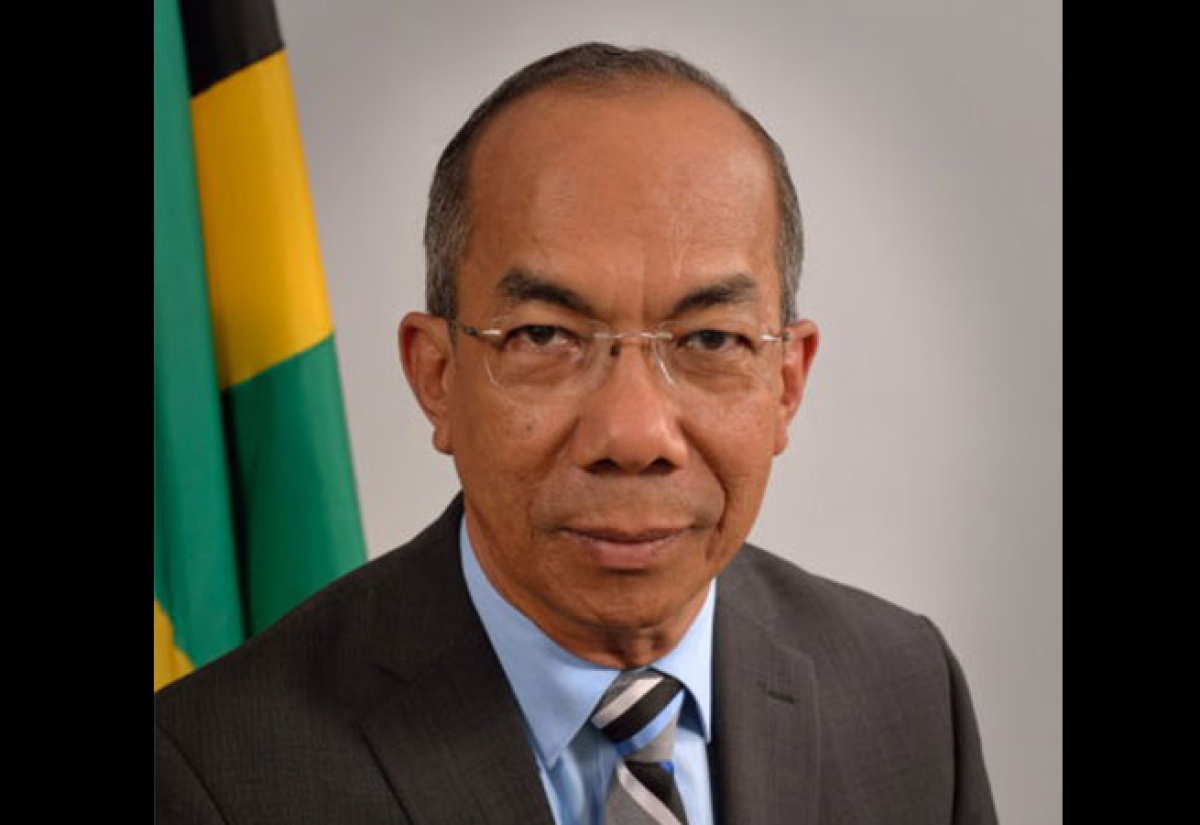Mr. Speaker,
The members of the House may recall that during my sectoral close a few months ago, I called the country’s attention to the extensive work that is being undertaken to undermine, interrupt and dismantle criminal gangs. On that occasion I highlighted the systematic, well financed, and structurally complex nature of the gangs of today. I would have also pointed out that many of these gangs were “being financed by persons residing outside of Jamaica, but who have established themselves as dons in different communities across the island. Criminals who are involved in transnational criminal activity can be difficult to prosecute.
My presentation today will further clarify the arduous process that is involved in apprehending and prosecuting gang members as well as the challenges to bringing about successful prosecutorial outcomes. Just last week we would have all learnt about of the case involving nineteen (19) alleged members of a Westmoreland-based Dexter Street gang. This news was undoubtedly met with much ire and disappointment from law abiding Jamaican people.
Mr. Speaker, gangs are the number one cause of murders and violent crimes in the country presently. The data suggests that as at August of this year, there were 381 gangs responsible for perpetrating the most heinous crimes locally and also mobilizing trans-national criminal activities. The rationale for the increasing number of gangs has been tied to several internal feuds among gangs across police divisions, resulting in splits and several factions of the parent gang being recognized as separate gangs. Key factors that have contributed to gang splits include increased access to firearms and ammunition and increased sources of funds independent of gang activity.
While police intelligence facilitates the identification of the local members and oftentimes international leaders of these gangs, the grounds for their apprehension and prosecution requires actionable intelligence, the appropriate legislative framework, and relevant bilateral and international arrangements, within which to ensure they can be tried and convicted. Information must be converted to evidence and linkages between members clearly established.
Mr. Speaker, this process takes time. Just the process of gathering the intelligence and converting that into evidence is a very involved process that may take several months, even years, before it is concluded. While the police can and does lay charges to individual suspects, the greater challenge has to do with connecting these individual charges, tying them together, in order to make a case under the Anti-gang legislation.
Witness management is another crucial aspect of this process that can have direct impact and implications on the outcome of gang related cases. It has become public knowledge that the challenge.


